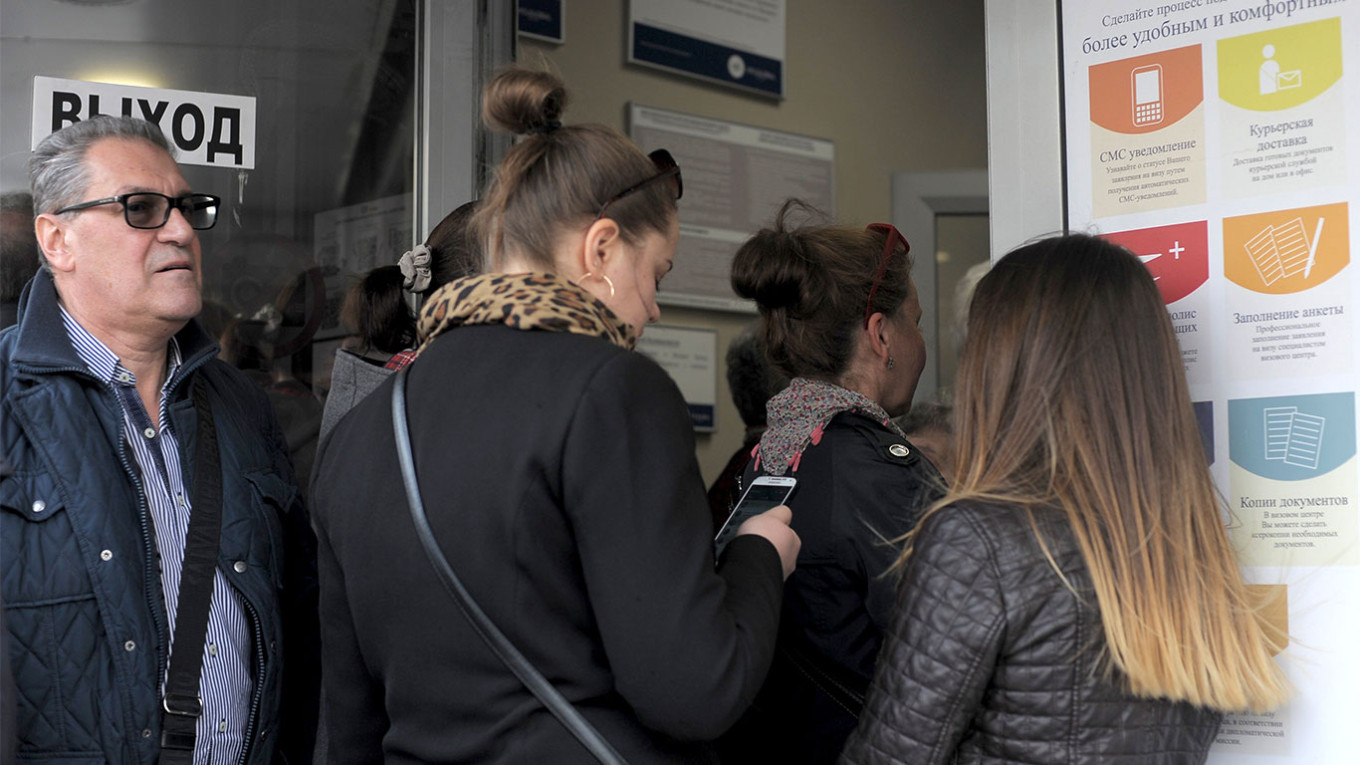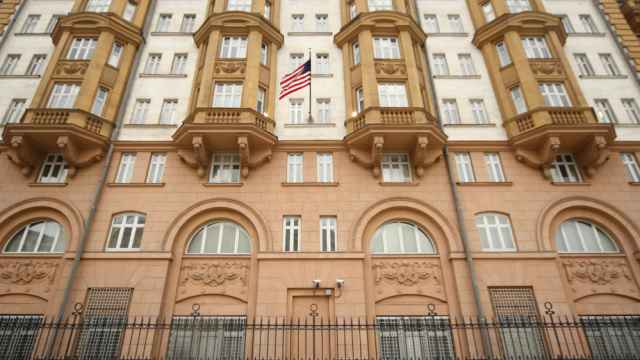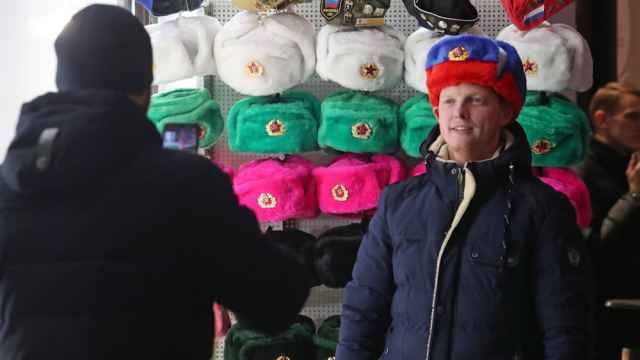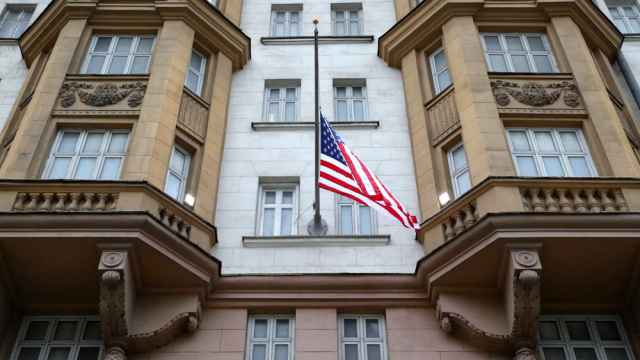EU foreign ministers on Wednesday agreed to suspend a 2007 visa facilitation deal with Russia but stopped short of a wider visa ban as requested by some member states.
EU foreign policy chief Josep Borrell said the ministers had agreed that relations with Moscow "cannot be business as usual" and the agreement should be "fully suspended".
Following the informal meeting in Prague, he said this would make it "more difficult" and "longer" for Russian nationals to get visas.
"It will significantly reduce the number of new visas issued by the EU member states," he said.
In a concession to eastern EU members who had pushed for a tougher approach, Borrell said that countries bordering Russia "can take measures at a national level to restrict entry into the European Union".
But he said any measures would have to conform with rules for the EU's Schengen common travel zone and he emphasised it was important that members of Russian civil society should continue to be able to travel to the EU.
Ukrainian Foreign Minister Dmytro Kuleba, who was also in Prague for the talks, dismissed the suspension of the visa facilitation agreement as a "half-measure".
"This is a time when the age of peace in Europe is over and so is the age of half-measures.
"Half-measures... with regard to Russia is exactly what led to the large-scale invasion of February 24th," he said.
Ahead of the meeting, Poland and the three Baltic states of Estonia, Latvia and Lithuania had said they were considering barring Russian travellers if the EU as a whole failed to do so.
In a joint statement obtained by AFP, the four countries had said that suspending the visa facilitation agreement was "a necessary first step".
"But we need (to) drastically limit the number of visas issued, above all tourist visas, to decrease the flow of Russian citizens into the European Union and the Schengen area," they added.
They said the move should contain exceptions "for dissidents as well as other humanitarian cases".
"Until such measures are in place on the EU level, we... will consider introducing on the national level temporary measures of visa ban, or restricting border crossing for Russian citizens holding EU visas," reads the statement written in English.
A Message from The Moscow Times:
Dear readers,
We are facing unprecedented challenges. Russia's Prosecutor General's Office has designated The Moscow Times as an "undesirable" organization, criminalizing our work and putting our staff at risk of prosecution. This follows our earlier unjust labeling as a "foreign agent."
These actions are direct attempts to silence independent journalism in Russia. The authorities claim our work "discredits the decisions of the Russian leadership." We see things differently: we strive to provide accurate, unbiased reporting on Russia.
We, the journalists of The Moscow Times, refuse to be silenced. But to continue our work, we need your help.
Your support, no matter how small, makes a world of difference. If you can, please support us monthly starting from just $2. It's quick to set up, and every contribution makes a significant impact.
By supporting The Moscow Times, you're defending open, independent journalism in the face of repression. Thank you for standing with us.
Remind me later.






